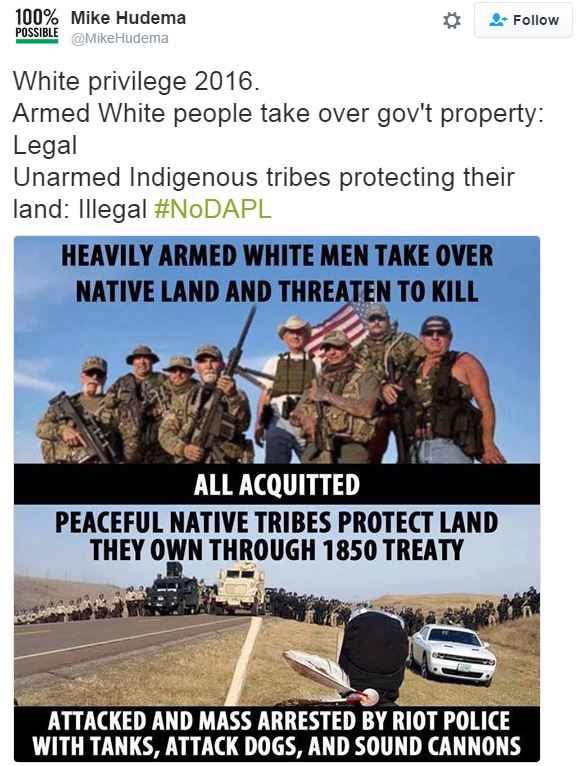Unit 3: Narrative Techniques for Historians
by Dr. H - October 28th, 2016
During this (short) unit, we’ll focus on how to structure and refine your paper’s narrative. What is the story you’re telling? What cross-cultural encounter(s) can you highlight? What is your essay doing that’s new / significant / original?
Note a couple of syllabus changes because of the Career Workshop on Nov 2
Week of 10/31 – 11/4 One-on-one scheduled conferences with Dr. Hangen to discuss Skeleton Drafts
10/31 Prepare by reading Turabian Chapters 5-12 and 14. Bring the book with you to class.
11/2 History Career Workshop – meet in Student Center Foster Room (3rd floor). Feel free to arrive as early as 12 to catch the lunch before the workshop starts at 1:00. It runs until 2:30, so please stay to the end if you are able to.
11/7 No reading – FINAL DRAFT DUE 1 copy of your printed paper. No reading, we’ll screen a film to celebrate your paper’s completion. Updated: Actually, we will explore the resources in #StandingRockSyllabus website and on Twitter.
11/9 Crafting Narratives / Follow-up on Professional Development. Bring both your paper and a working draft of your current resume or CV.
Note: DUE Fri 11/11, email me a finalized first version of your CV
11/14 Revising Workshop. Please print and bring to class only the FIRST TWO and LAST TWO pages of your essay (4 pages total).
Looking ahead: on Wed 11/16 we will discuss Kerstetter, God’s Country, Uncle Sam’s Land pp. 1-80 (Intro, Chapters 1-2). This takes on new significance in light of the 10/27 acquittal in the Bundy case and the simultaneous unfolding situation at Standing Rock over the Dakota pipeline (see relevant tweet below, from 10/27/16). This book seems especially appropos in our time, so be reading and thinking. As you read, pay attention to both content AND form, using Kerstetter as a potential model of scholarly prose.
